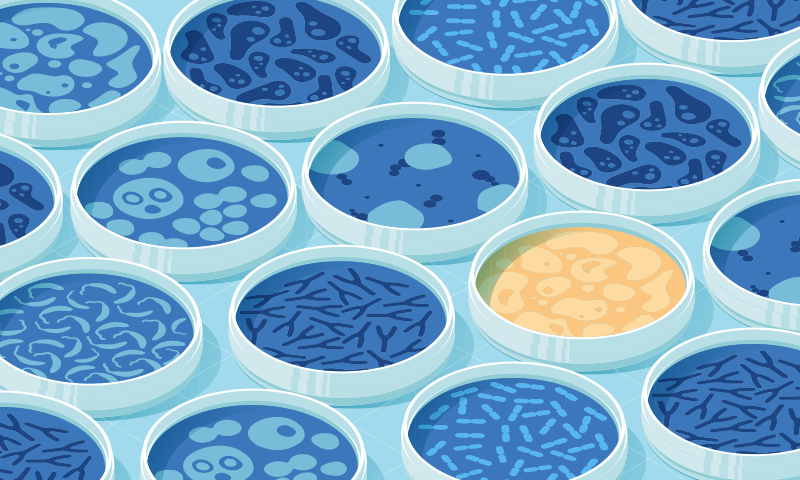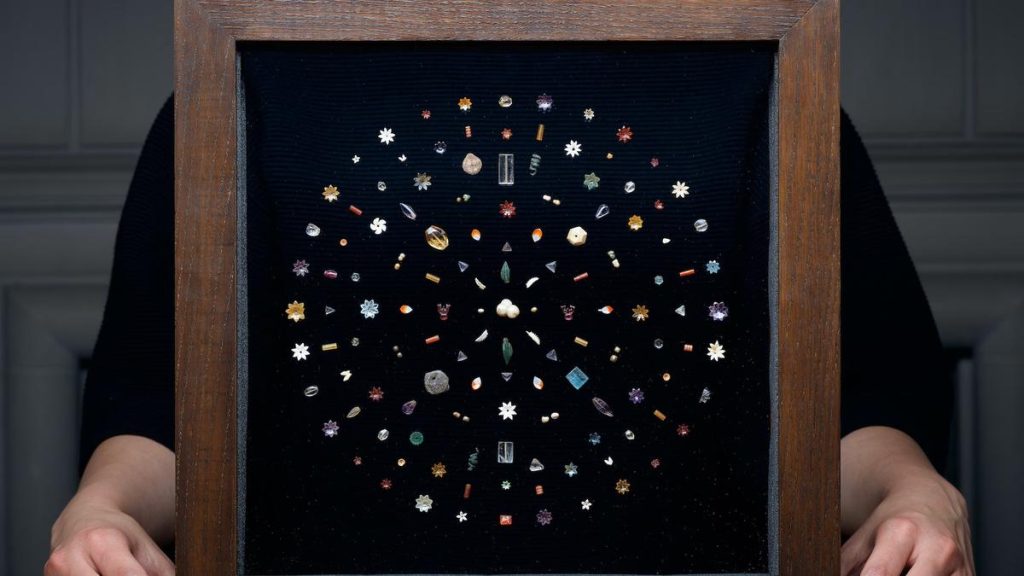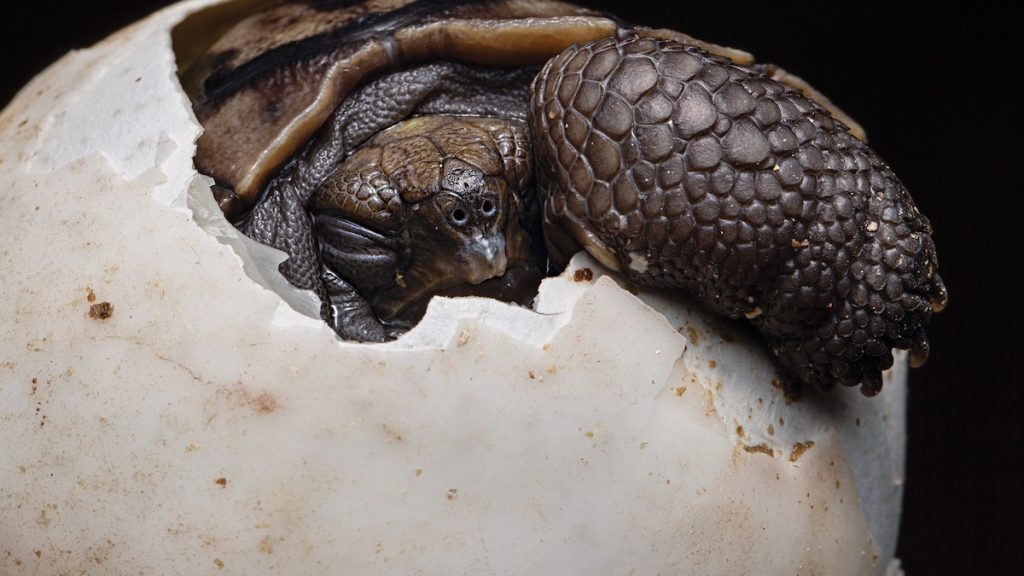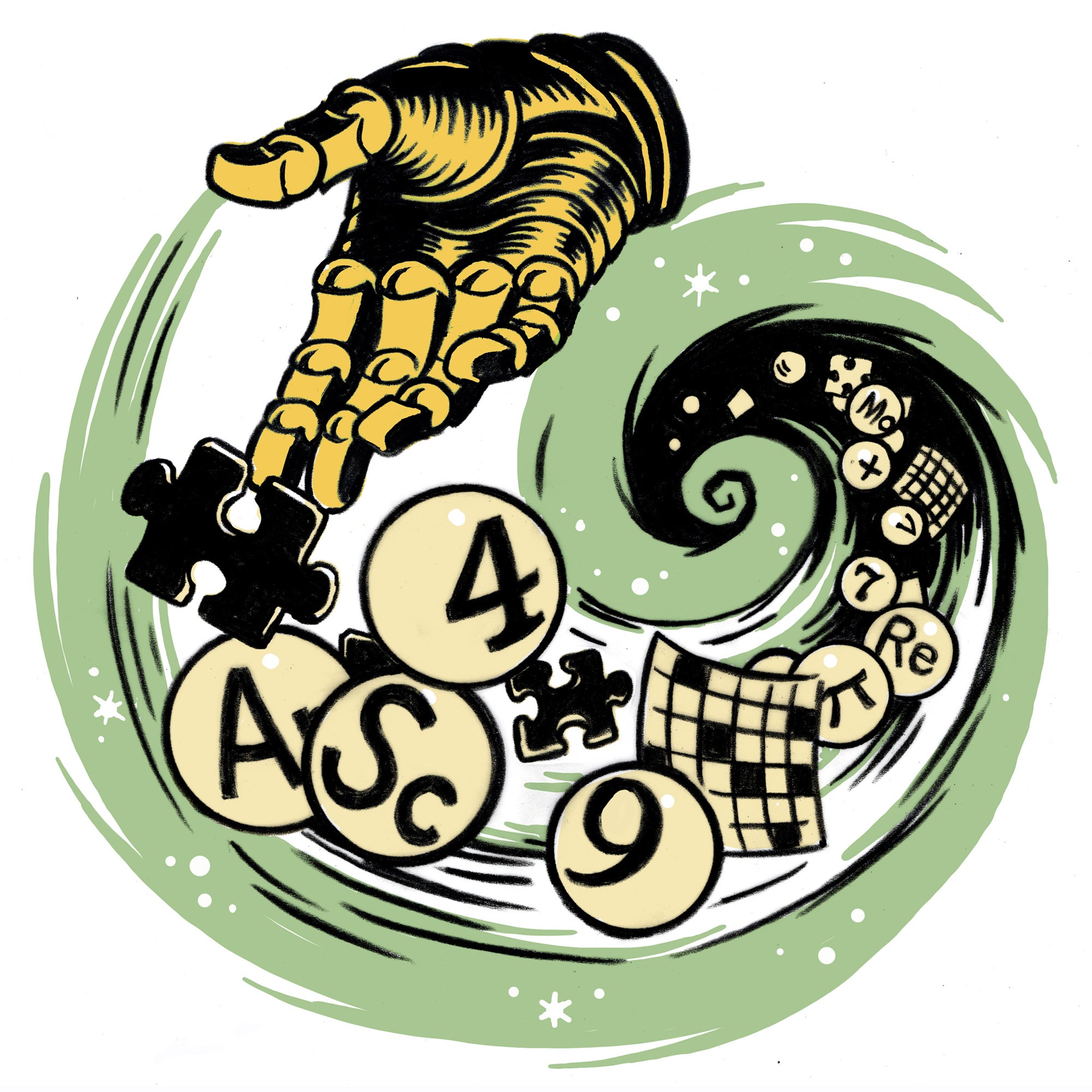Now Reading: Dishwashers: Unseen Havens for Emerging Superbugs
-
01
Dishwashers: Unseen Havens for Emerging Superbugs
Dishwashers: Unseen Havens for Emerging Superbugs

Quick Summary
- Household appliances like dishwashers and air conditioners may house unknown extremophiles,organisms that thrive in harsh environments.
- Extremophiles have been shown to offer benefits such as sequestrating carbon and breaking down industrial chemicals.
- Colorado State University launched “The Extremophile Campaign: In Your Home” to involve the public in locating microbial communities across household surfaces. Researchers encourage participants to look for slime or other indicators of microbes in areas with fluctuating temperatures or moisture levels.
- Samples deemed promising will be sent for DNA sequencing, with researchers already suspecting newly discovered species flourishing in unique environments.
- The campaign’s sister program, “In the Wild,” invites contributions from natural habitats like springs featuring microbial-rich formations such as green slime or brown goo on rocks.
Indian Opinion Analysis
India faces significant environmental challenges, including carbon management and waste treatment systems-areas where extremophile research could play a transformative role if adapted effectively. Campaigns inviting citizen engagement, similar to Colorado state University’s program, could spark innovation here by utilizing india’s diverse geographic terrains that naturally host unique ecosystems ideal for microbe revelation-such as thermal springs and coastal stretches. Harnessing extremophiles’ ability to tackle industrial pollutants offers immense potential for India’s long-term sustainability goals while fostering grassroots scientific participation.




























